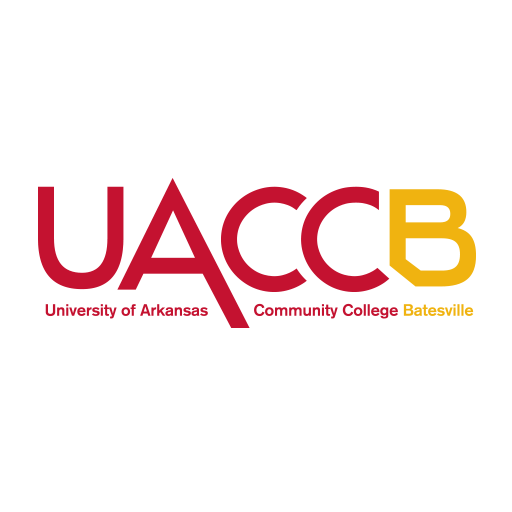The University of Arkansas Community College at Batesville’s (UACCB) concurrent enrollment program received reaccreditation from the National Alliance of Concurrent Enrollment Partnerships (NACEP) Accreditation Commission. UACCB is one of 112 accredited programs in the country across 22 states.
As the nation’s only accrediting body for these unique and impactful educational partnerships, NACEP’s standards serve as the model criteria for ensuring uniformity in faculty, course content, student outcomes, and support. Receiving NACEP accreditation means an institution has met the nation’s most rigorous standard in concurrent enrollment program development, management, and evaluation across multiple, multifaceted program areas.
“NACEP accreditation demonstrates a commitment to academic integrity and the delivery of an authentic college experience in the high school classroom,” said NACEP Executive Director, Amy Williams.
To earn accreditation from NACEP, concurrent enrollment programs conduct a self-study, document how their programs adhere to NACEP’s 17 standards and undergo a rigorous peer-review process conducted by a team of representatives from NACEP‐accredited programs, as well as the NACEP Accreditation Commission. Susan Tripp, UACCB division chair for arts and humanities, said UACCB has been working since February 2018 to gather evidence necessary for NACEP review.
“The main goal is to ensure that our concurrent program meets the rigorous standards of our college coursework,” Tripp said.
UACCB’s concurrent program first received NACEP accreditation in 2012. NACEP’s accreditation is valid for five years for initial accreditation and then seven years for reaccreditation, during which time programs are expected to uphold NACEP’s standards and report annually on program practices. Tripp has served as a NACEP peer reviewer for other institutions going through the review process.
Tiffany Guinnip, administrative assistant to the vice chancellor for academics, said UACCB had to provide a variety of evidence documents for the review process.
“We provided syllabi, graded class assignments, examples of joint professional development opportunities for high school instructors and UACCB faculty, and high school instructor evaluations provided by UACCB faculty liaisons who would observe the high school concurrent classes,” Guinnip said. “We also conducted surveys with high school students who were one year out of high school and those who were four years out of high school to gauge the value they placed on their concurrent experience. Surveys were also conducted with high school administrators, faculty, and counselors.”
Rana Dowdy, high school liaison, said the partnerships that have been cultivated between UACCB and the local school districts has contributed greatly to the concurrent program’s success.
“Monthly meetings are held between UACCB administration and faculty, the local high school administrators, representatives from Lyon College, as well as members of the chamber. Being able to come together regularly to have those open discussions is part of what makes this program such a success,” Dowdy said.
NACEP’s Standards promote the implementation of policies and practices to ensure that:
- College courses offered in the high school are of the same quality and rigor as the courses offered on campus at the sponsoring college or university.
- Students enrolled in concurrent courses are held to the same standards of achievement as students in on campus courses.
- Instructors teaching college courses through the concurrent program meet the academic requirements for faculty and instructors teaching in the sponsoring postsecondary institution and are provided discipline-specific professional development.
- Concurrent enrollment programs display greater accountability through required impact studies, student surveys, and course and program evaluations.
“Achieving NACEP accreditation is a vital component to UACCB’s commitment to ensure the academic integrity and rigor of the coursework our concurrent students are taking. The concurrent courses are held to the same standards as classes on UACCB’s campus. At this time, obtaining accreditation for our concurrent program is even more relevant with the passage of ACT 456 which allows high school juniors and seniors to receive scholarship funds to take concurrent courses,” said UACCB Chancellor Deborah Frazier. “I want to commend all those who played an integral role in UACCB achieving this great accomplishment. The accreditation process is a lengthy, arduous one that happens in addition to our staff and faculty’s regular work duties. Without their commitment and dedication to providing excellence to our students, this achievement would not have been possible.”











